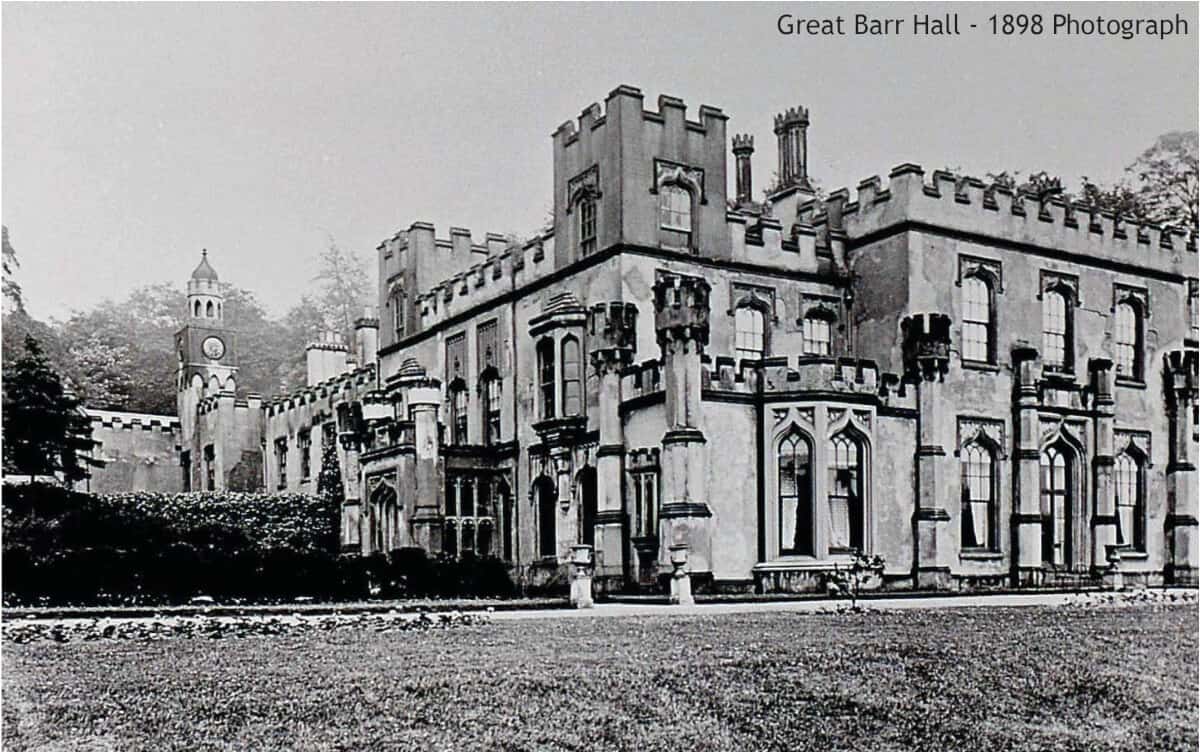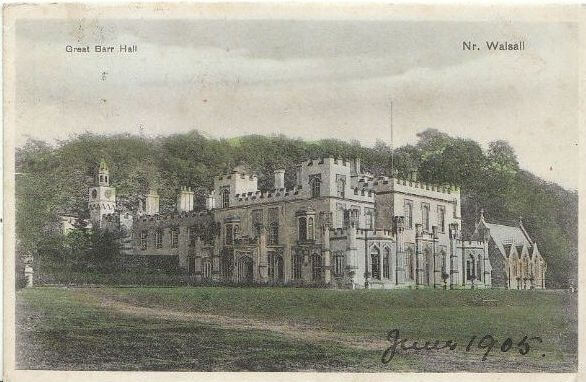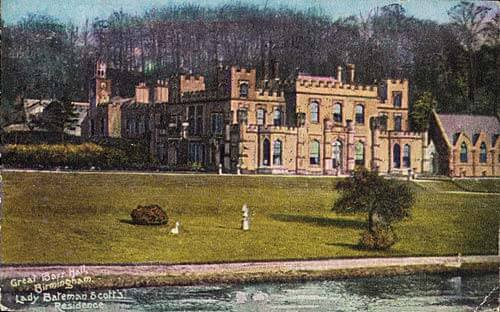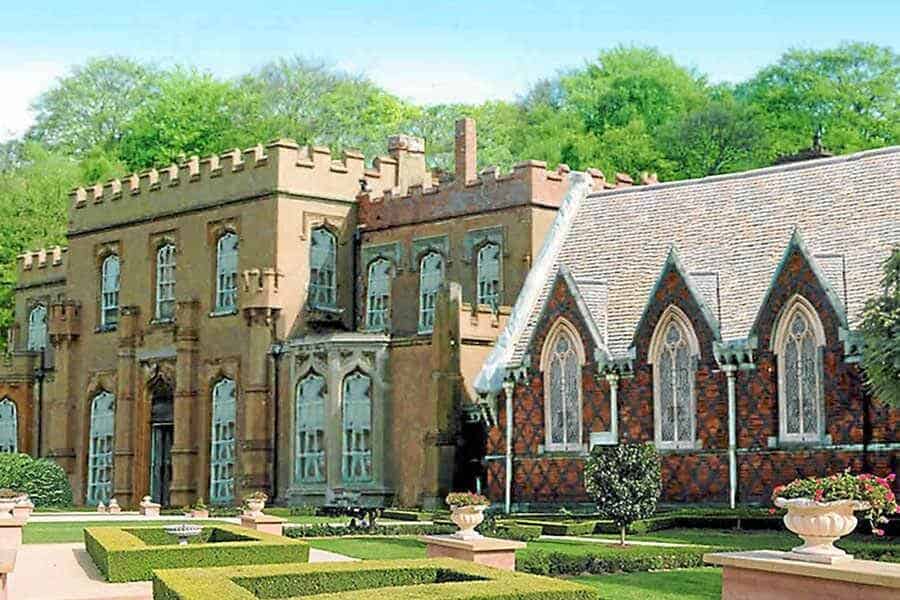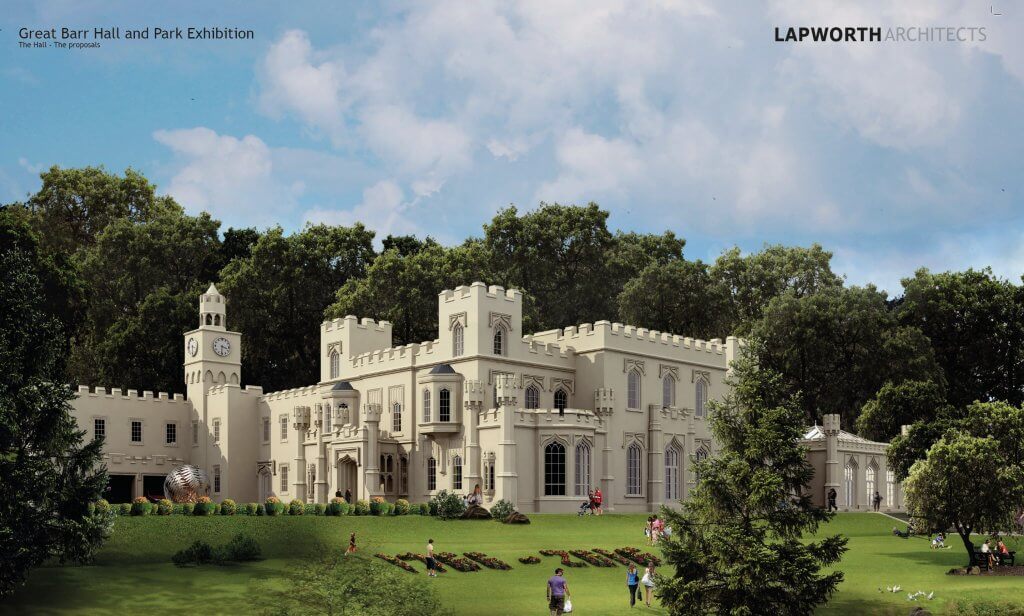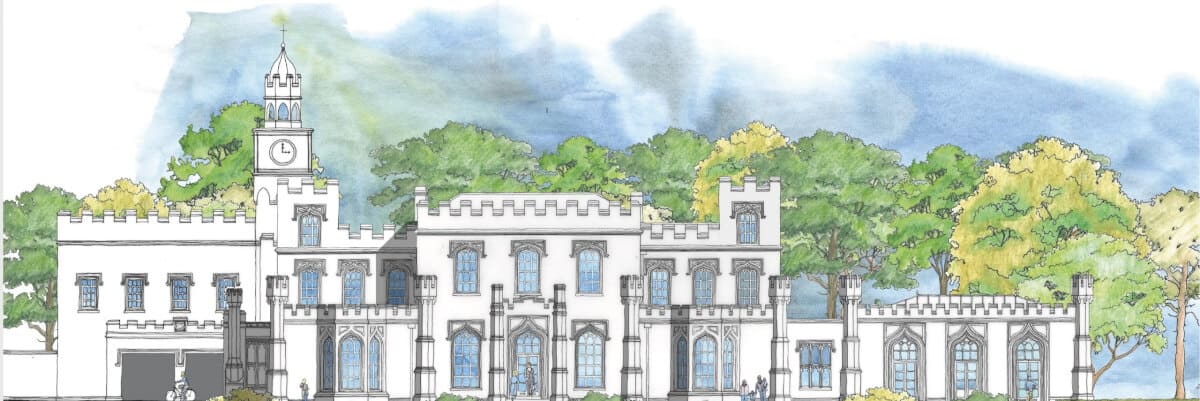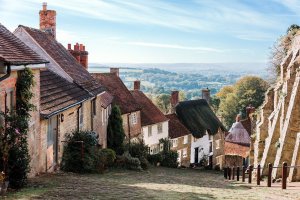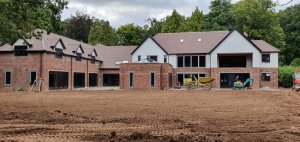
Third party costs in architectural projects
What third parties are involved in architect’s projects? When you start a project with Lapworth, we are not only your architects, but also your lead consultants. We look to assemble a team of experts that complement our design work by bringing their knowledge and experience to make sure that your
